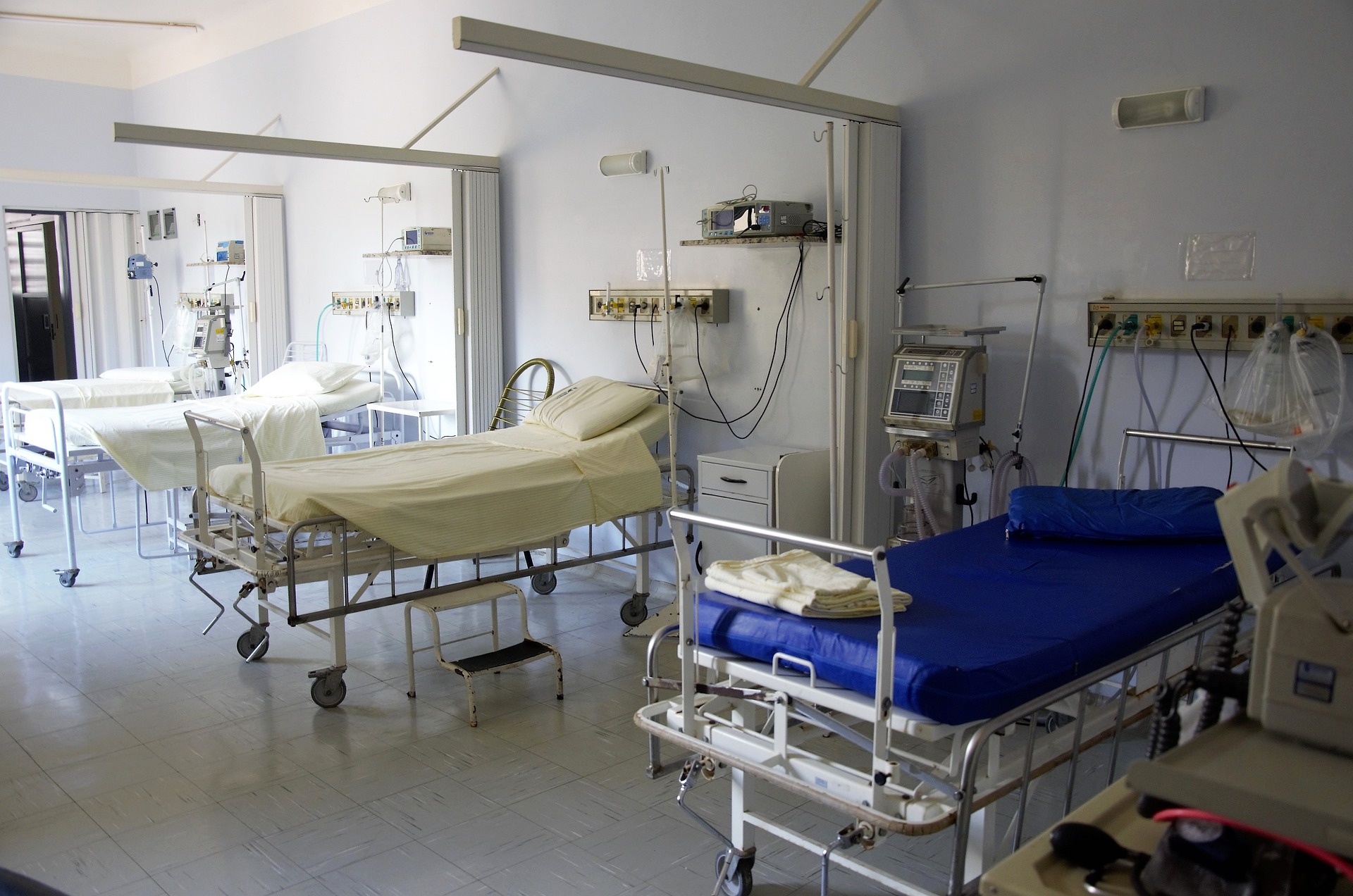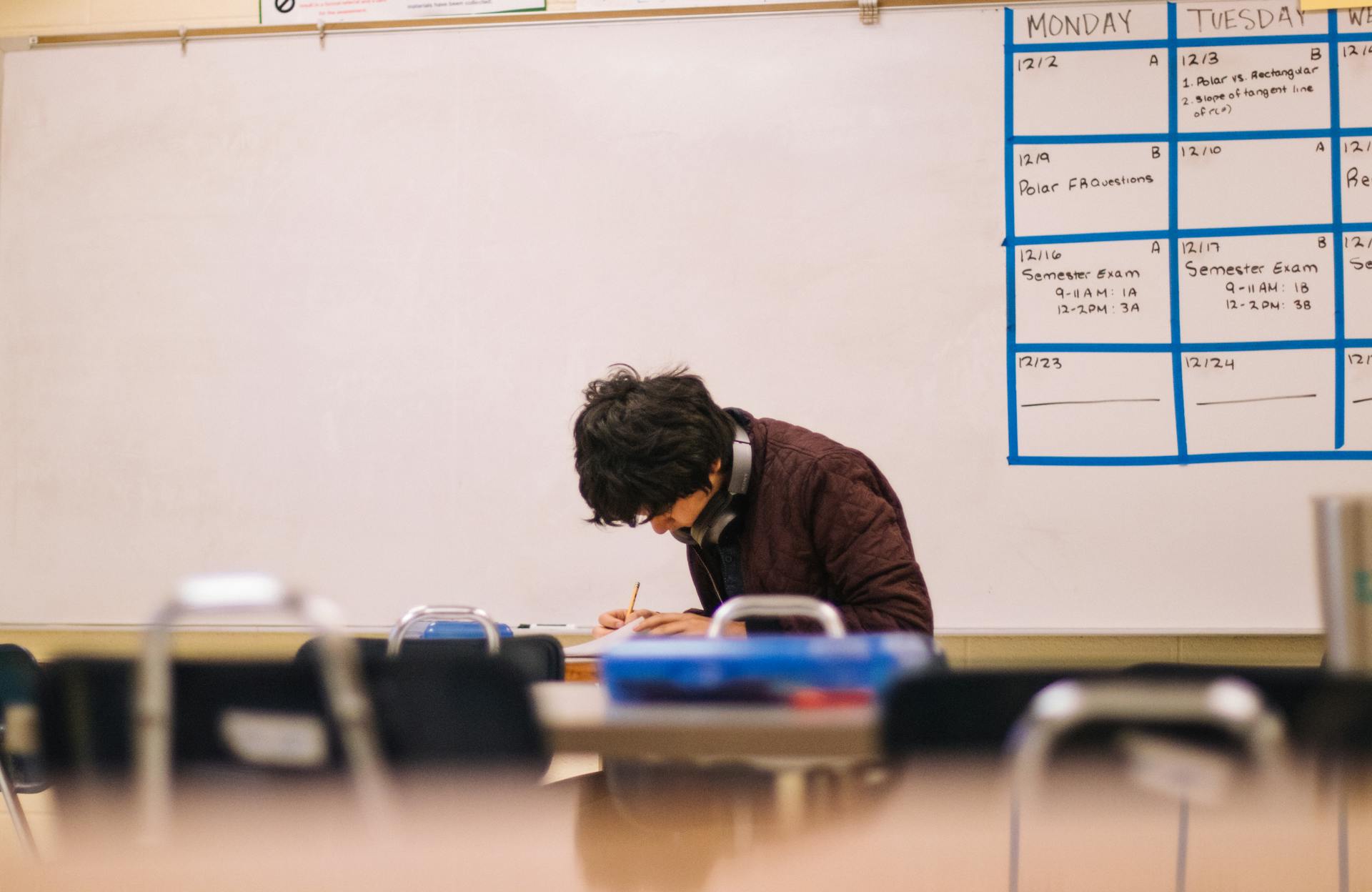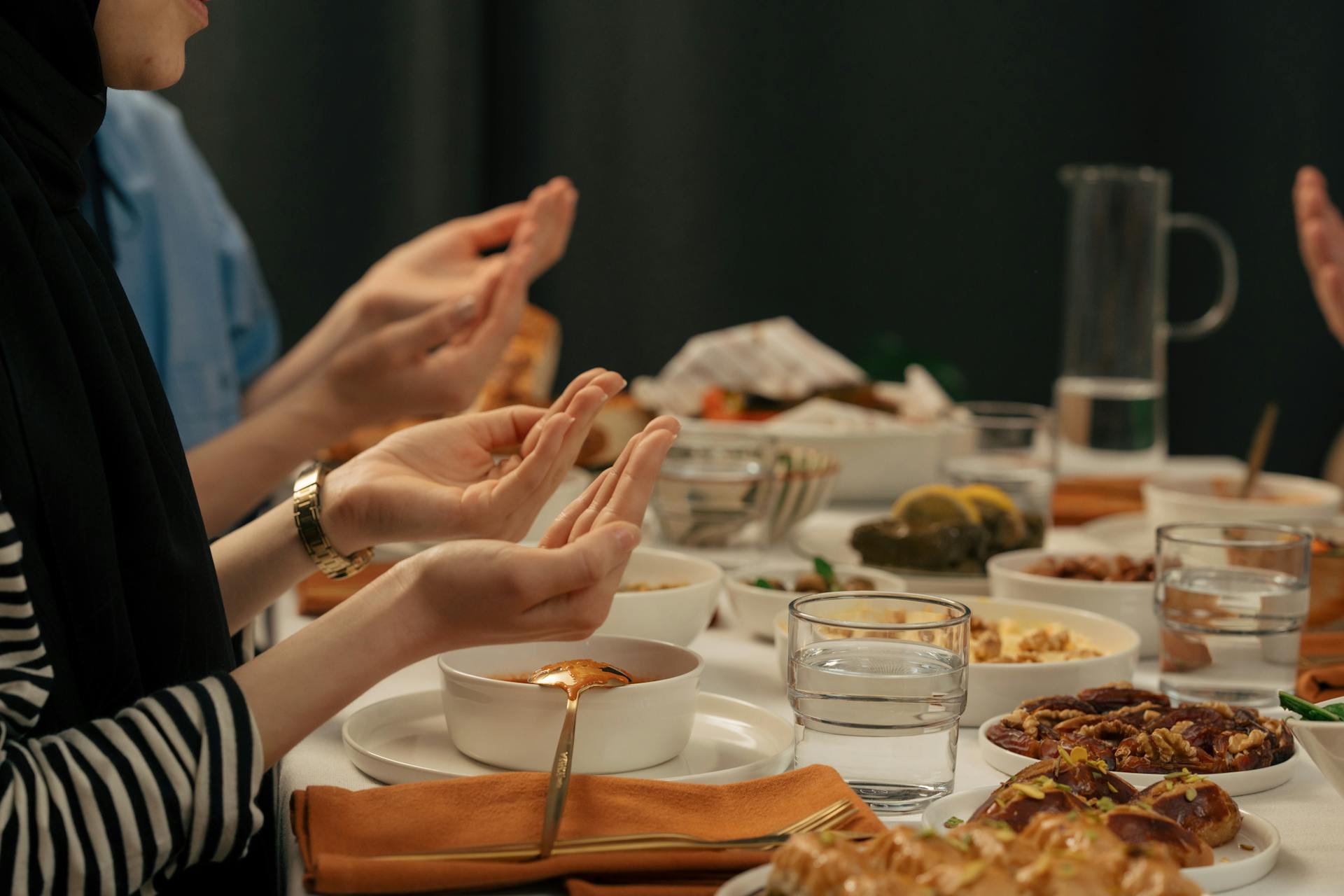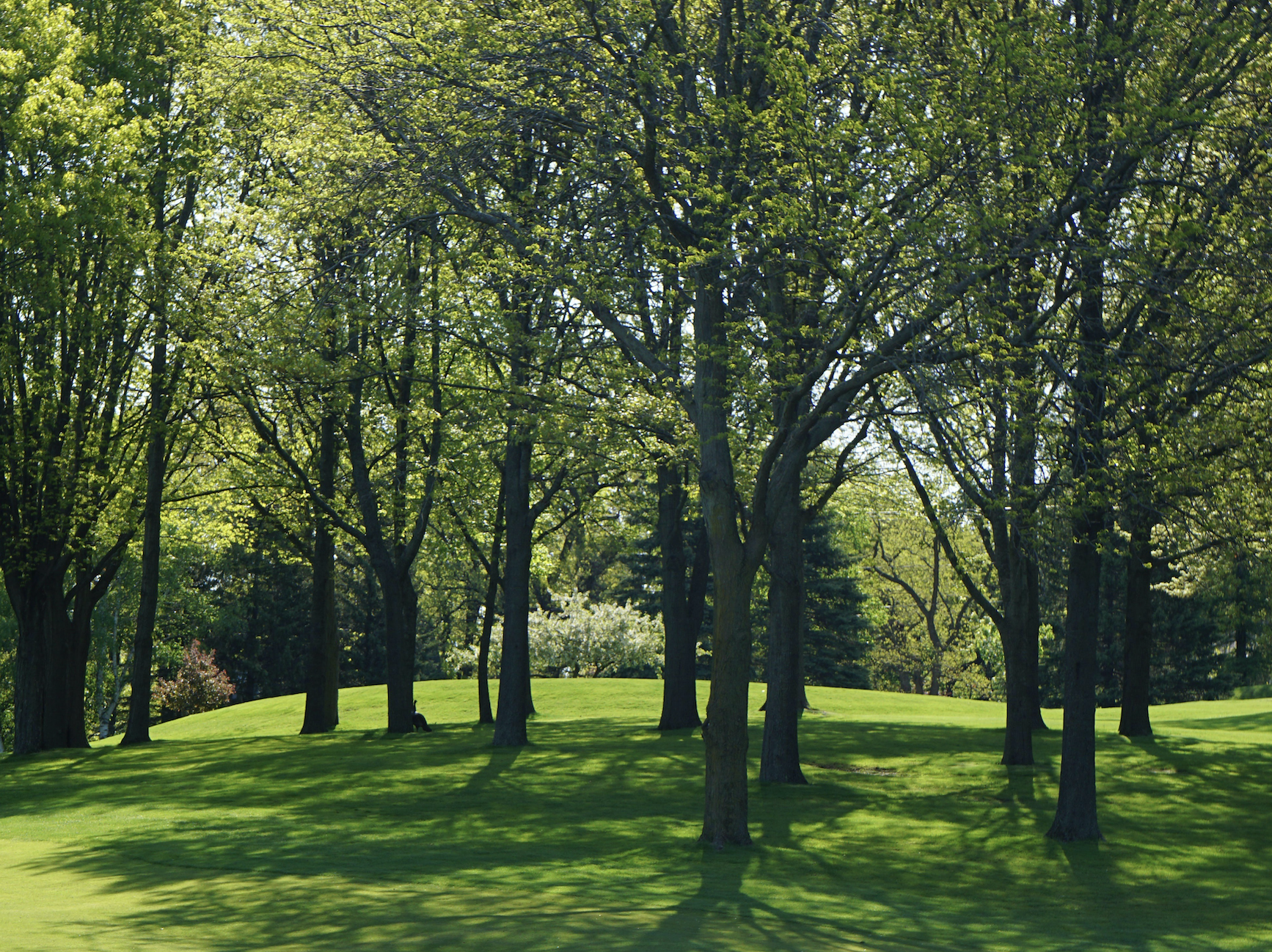
In the Name of Allah—the Most Compassionate, Most Merciful.
In times of illness, the power of prayer becomes a vital source of comfort and healing.
Making dua for a sick person is an integral part of Islamic tradition, allowing loved ones to seek Allah’s (سبحانه وتعالى) (سبحانه وتعالى) mercy and assistance in their time of need. Whether you are praying for a sick child, a family member, or a friend, reciting heartfelt supplications can provide hope and strength.
The dua for a sick person is a way to express concern and a profound act of faith that acknowledges Allah’s omnipotence and compassion.
Dua for sick person is a way for many people to seek solace through prayer in hospital settings, recognizing the stress and uncertainty that often accompany such environments. Offering prayers for someone’s recovery not only supports their physical healing but also brings peace and emotional comfort to both the patient and their loved ones.
This act of supplication helps create a sense of unity and hope, assuring the family and friends that they are surrounded by spiritual support during difficult times.
Reciting specific verses from the Quran, such as ayatul kursi and surah falaq, enhances the effectiveness of these prayers, demonstrating the importance of invoking Allah’s (سبحانه وتعالى) name for protection and recovery.
Whether you express your dua for a sick person in English, Arabic, or Urdu, the essence remains a sincere plea for healing and well-being.
As we make dua for a sick person, we are reminded of our collective responsibility to support those in distress. By seeking guidance and relief through these prayers, we can uplift the spirits of sick people and bring them closer to recovery.
Learn the various dua for sickness and pain, sharing quotes and insights on how to effectively make dua for someone sick, ensuring that our loved ones feel the warmth of our compassion and the strength of our faith.
Why does Allah (سبحانه وتعالى) test us with different illnesses and tribulations?
Allah (سبحانه وتعالى) tests us with illnesses and tribulations to strengthen our faith and reliance on Him. These challenges remind us of our vulnerability and our dependence on Allah.
As the Quran states,
Indicating that relief follows trials.
Illness can also purify us from sins, as the Prophet Muhammad (صلى الله عليه و سلم) taught that afflictions are an expiation for wrongdoings. Thus, making a dua for a sick person seeks healing and fosters spiritual growth and closeness to Allah (سبحانه وتعالى).
Is the dua of a sick person accepted?
In Islam, the dua of a sick person holds great importance and is believed to be readily accepted by Allah (سبحانه وتعالى). The Prophet Muhammad (صلى الله عليه و سلم) stated, “The supplication of a sick person is accepted”. This underscores the importance of making dua for sick people, as those in distress are directly connected to divine mercy.
In the Quran, Allah (سبحانه وتعالى) assures us,
This emphasises that Allah (سبحانه وتعالى) is Rahman and listens to sincere supplications, including the dua for sick persons in hospitals, at home, or wherever they might be.
List of Duas for Sick/Ill Person
Here are some duas for sick people that can be recited for healing and recovery:
- Dua for Shifa (Healing):
- Arabic: اللَّهُمَّ أَنتَ الشَّافِي، لا شَافِيَ إِلَّا أَنتَ.
- Translation: “O Allah (سبحانه وتعالى), You are the Healer; there is no healing but Yours.”
- Dua for Sickness and Pain:
- Arabic: اللَّهُمَّ أَذْهِبِ الْبَاسَ رَبَّ النَّاسِ، اشْفِ أَنتَ الشَّافِي.
- Translation: “O Allah (سبحانه وتعالى), remove the affliction, O Lord of mankind; heal, for You are the Healer.”
- Dua for Sick Child:
- Arabic: اللَّهُمَّ أَشْفِهِ شِفَاءً لَا يُغَادِرُ سَقَمًا.
- Translation: “O Allah (سبحانه وتعالى), grant him a cure that leaves no illness.”
- Dua for Health Recovery:
- Arabic: اللَّهُمَّ إنِّي أَسْأَلُكَ الشِّفَاء.
- Translation: “O Allah (سبحانه وتعالى), I ask You for healing.”
- Dua for Visiting the Sick:
- Arabic: أَسْأَلُ اللَّهَ الْعَظِيمَ رَبَّ الْعَرْشِ الْعَظِيمِ أَنْ يَشْفِيَكَ.
- Translation: “I ask Allah (سبحانه وتعالى), the Mighty, Lord of the Mighty Throne, to cure you.”
- Dua for Shifa in the Quran:
- Surah Al-Fatiha (1:1-7): Reciting this Surah is recommended for sick people seeking healing.
- Ayat al-Kursi (Surah Al-Baqarah 2:255):
- Reciting this verse is believed to protect and bring healing.
Dua for Sick Person in Hospital
When visiting a sick person in a hospital, offering support through duas for healing and recovery is important.
Here are specific duas for a sick person in hospital, along with relevant hadiths that highlight their significance:
- Dua for Healing:
- Arabic: اللَّهُمَّ أَشْفِهِ شِفَاءً لَا يُغَادِرُ سَقَمًا.
- English Translation: “O Allah (سبحانه وتعالى), grant him a cure that leaves no illness.”
- English Transliteration: “Allahumma ashfihee shifaan laa tughaadiru saqaman.”
- Hadith: The Prophet Muhammad (صلى الله عليه و سلم) said, “When a servant of Allah is sick, he is like a guest of Allah, and his illness is a means for his sins to be forgiven.”
- Dua for Visiting the Sick:
- Arabic: أَسْأَلُ اللَّهَ الْعَظِيمَ رَبَّ الْعَرْشِ الْعَظِيمِ أَنْ يَشْفِيَكَ.
- English Translation: “I ask Allah, the Mighty, Lord of the Mighty Throne, to cure you.”
- English Transliteration: “As’alullaha al-‘azeema rabbal ‘arshil ‘azeem an yashfiyaka.”
- Hadith: The Prophet (صلى الله عليه و سلم) recommended visiting the sick and said, “When you visit a sick person, say this dua for him.”
- Dua for Mercy and Healing:
- Arabic: اللَّهُمَّ رَبَّ النَّاسِ أَذْهِبِ الْبَاسَ، اشْفِ أَنتَ الشَّافِي.
- English Translation: “O Allah, Lord of mankind, remove the affliction and heal; You are the Healer.”
- English Transliteration: “Allahumma Rabbannas adhhib il-baasa, ishfee anta ash-shaafi.”
- Hadith: The Prophet (صلى الله عليه و سلم) taught us to seek Allah’s (سبحانه وتعالى) mercy and healing when visiting the sick, emphasising the power of dua.
- Dua for Recovery from Illness:
- Arabic: اللَّهُمَّ إِنِّي أَسْأَلُكَ الشِّفَاءَ.
- English Translation: “O Allah, I ask You for healing.”
- English Transliteration: “Allahumma inni as’aluka shifaa.”
- Hadith: The Prophet (صلى الله عليه و سلم) affirmed the importance of praying for others’ health: “The dua of the sick person is accepted.”
Dua for When Visiting the Sick Person
Offering comforting words and prayers when visiting a sick person is important. The Prophet Muhammad (صلى الله عليه و سلم) encouraged visiting the sick and taught us specific duas to recite. These acts not only provide support but also help invoke Allah’s mercy for the ill.
A powerful dua recommended during such visits is:
Arabic:
English Translation: “I ask Allah, the Mighty, Lord of the Mighty Throne, to cure you.”
English Transliteration: “As’alullaha al-‘azeema rabbal ‘arshil ‘azeem an yashfiyaka.”
The Prophet (صلى الله عليه و سلم) said, “When you visit a sick person, say this dua for him.” This emphasises the importance of dua and care for the sick.
Powerful Dua for Shifa
A powerful dua for shifa (healing) is essential when seeking recovery from illness. The Prophet Muhammad (صلى الله عليه و سلم) frequently made dua for those who were unwell, highlighting the significance of turning to Allah (سبحانه وتعالى)for healing.
One profound dua for healing is:
Arabic:
English Translation: “O Allah, grant him a cure that leaves no illness.”
English Transliteration: “Allahumma ashfihee shifaan laa tughaadiru saqaman.”
As narrated in hadith, the Prophet (صلى الله عليه و سلم) said, “The dua of a sick person is accepted.” This shows the importance of sincere supplication during illness.
Dua for Sick Parents
When our parents are ill, it is crucial to offer prayers for their health and recovery. The Prophet Muhammad (صلى الله عليه و سلم) emphasised honouring and praying for our parents, especially when unwell.
A beautiful dua to recite for sick parents is:
English Translation: “O Allah, Lord of mankind, remove the affliction and heal; You are the Healer.”
English Transliteration: “Allahumma Rabbannas adhhib il-baasa, ishfee anta ash-shaafi.”
The Prophet (صلى الله عليه و سلم) said, “Your Lord is shy and generous. He is shy to turn away the hands of His servant when he raises them to Him.” This highlights the acceptance of prayers for our loved ones, including our parents.
How to Make Dua for a Sick Person
Making dua for a sick person is an essential practice in Islam, reflecting compassion and faith. It is a gift from Allah (سبحانه وتعالى) for the believers.
Here are the steps to guide you in making a heartfelt dua:
Step 1: Begin with Praise and Gratitude
Start your dua by praising Allah (سبحانه وتعالى) and expressing gratitude for His countless blessings. This sets a positive tone and acknowledges His mercy and power.
Remember to include phrases related to the sick person’s situation, like “Dua for a sick person” and “Dua for healing.”
Step 2: Invoke Allah’s Mercy
Specifically, invoke Allah’s mercy and compassion for the sick individual. Ask for healing using Allah’s attributes related to health and wellness.
Personalise your dua by mentioning the person’s name and illness to strengthen your request. You can also invoke the mercy of Allah (سبحانه وتعالى)by giving zakat.
Step 3: Conclude with Prayer for All
End your dua by praying for all those who are sick and in need of Allah’s healing. This reflects your compassion for the individual you are praying for and all sick people in need of healing and support.
By following these steps, you create a sincere and effective dua that aligns with Islamic teachings, enhancing your spiritual connection and the likelihood of acceptance by Allah (سبحانه وتعالى).
Summary – Dua for Sick Person
In Islam, making dua for a sick person is a profound act of compassion and faith. It reflects our empathy for those suffering and reliance on Allah’s (سبحانه وتعالى) mercy and healing power.
By reciting specific duas, such as those mentioned above, believers can invoke divine assistance for their loved ones. This practice brings comfort to the sick and strengthens the spiritual bond between the supplicant and Allah (سبحانه وتعالى).
Moreover, making dua, regardless of our location, reminds us of our shared human experience and the importance of supporting one another in times of illness.
Whether through prayers for healing or simply visiting the sick, these acts of kindness foster a sense of community and reinforce the values of empathy and compassion within Islam.
It is like giving clothing to the poor or gifts to orphans. Regularly engaging in these practices cultivates a deeper connection with our faith and promotes healing and hope for those in need.














